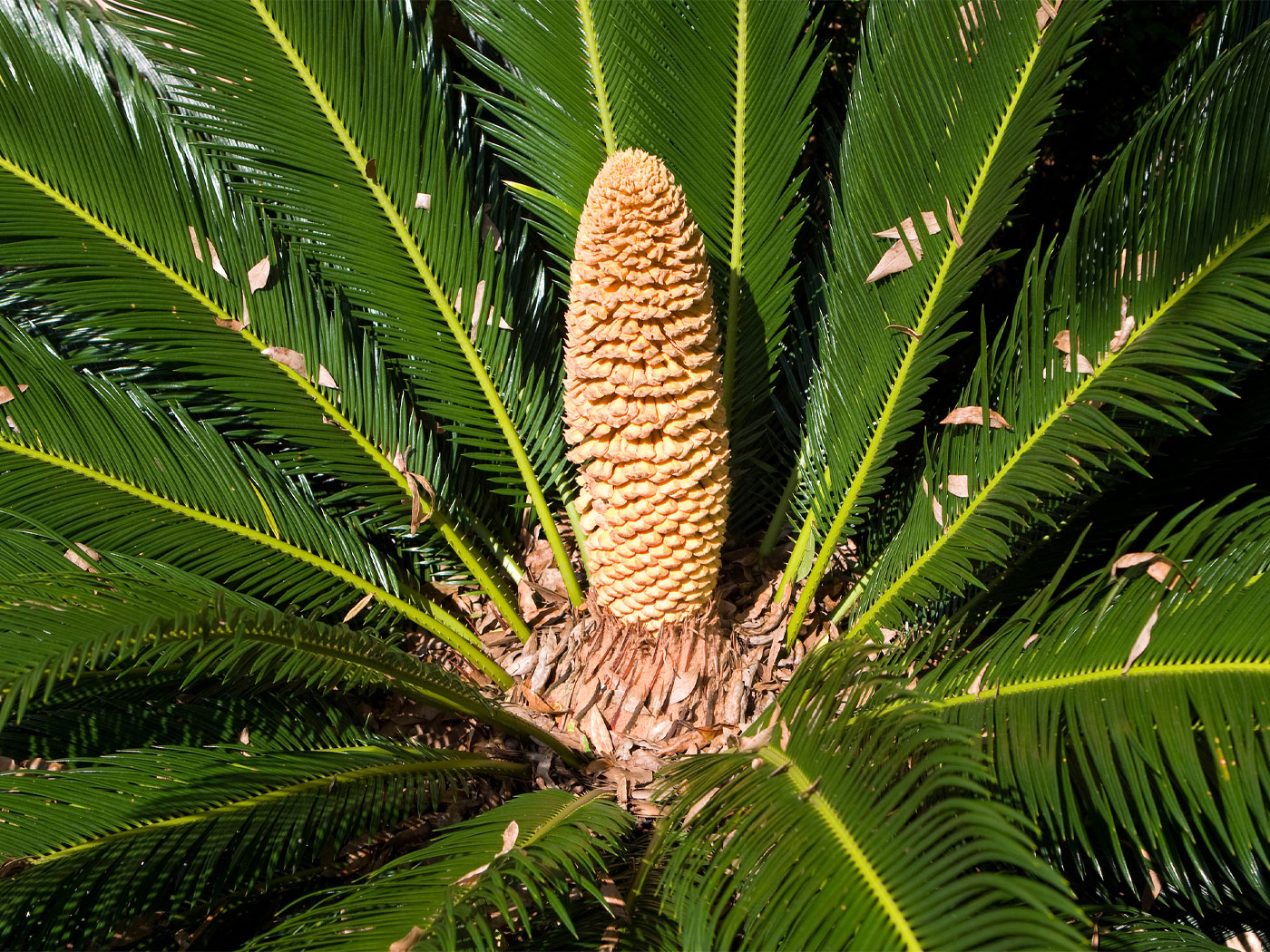Frank Sherwin
Newsweek magazine (Feb 20) reports the East Kalimantan providence of Indonesia has new species of animals and plants that was discovered by a team of researchers from three nations. Two million acres of isolated tropical forest in the Foja Mountains of New Guinea have been subject to a month-long investigation.
Unfortunately, writer Claudia Kalb begins the Newsweek article by saying, “If only Darwin were alive to see it” (Kalb 2006). Why Darwin? What about the thousands of other past naturalists—many of whom did not hold to an evolutionary paradigm? Why is Darwin mentioned to the exclusion of any other biologist?
The nonscientist is subtly taught that any new biological discovery (such as these new Indonesian species) is to be equated with evolution theory. Ironically, Darwin’s infamous 1859 book, On the Origin of Species, never discussed the origin of any species! He spoke of minor variation, such as the varieties of wild rock pigeon found around city statues and barns. In truth, minor distinctions fit comfortably within the creation model. These undiscovered animals and plants of New Guinea can easily be placed within biology’s classification scheme. Nothing was found by this team that could be viewed as an evolutionary intermediate between known kinds. If this is the case—and it is—then vertical evolution has not been observed! Darwin also introduced the idea of natural selection (also mentioned by other naturalists before him) in his book. But like minor variation, natural selection has nothing to do with the origin of species. Natural selection fits perfectly with the creation model.
ICR scientists are delighted to read of a new species of Indonesian echidna (termed a “primitive” mammal by Darwinists) and one of the largest rhododendrons on record. Twenty new species of frog have been found as well as a new species of honeyeater (bird) and even an endangered tree kangaroo. But they are simply varieties of what science has already discovered, described, and classified long ago. True vertical evolution (macroevolution) has nothing to do with these wonderful discoveries.
Regardless, Darwinists feel that just discovering new species in an unexplored region somehow supports evolutionary theory. As mentioned, a new species of rhododendron was found, yes. But it’s still a rhododendron. A new species of honeyeater was discovered, but it’s still a honeyeater. And on it goes—finding new or undiscovered species is not equivalent to displaying how one kind of plant or animal evolved into something different (vertical or macroevolution). The scientists trekking through the Foja Mountains of New Guinea have simply found more of the same—just minor variations. In order to validate macroevolution, true, living intermediate forms need to be discovered. Something clearly linking a reptile with a mammal, a fish with a frog, or a bird with a reptile would be a stunning discovery that would authenticate Darwin’s theory. Creationists predict these bizarre intermediate creatures will never be found because macroevolution is not true.
If a creation scientist was on this Conservation International team helping to discover new species, he could have done so without so much as a nod to evolution. Finding a new species of plant or animal is “doing science”—discovering additional animals and plants of God’s living creation. It does not validate the secular philosophy of Darwinism (both USA Today and CBS News reported this Indonesian discovery without once mentioning evolutionism).
Evolutionists mention a new species discovery and Darwin in the same breath, but the reasons for doing so are not scientific.
1. Kalb, C. 2006. Paradise Found. Newsweek. Feb. 20, 2006, pp. 42-43.
2. http://www.usatoday.com/tech/science/dis
3. http://www.cbsnews.com/stories/2006/02/0


















